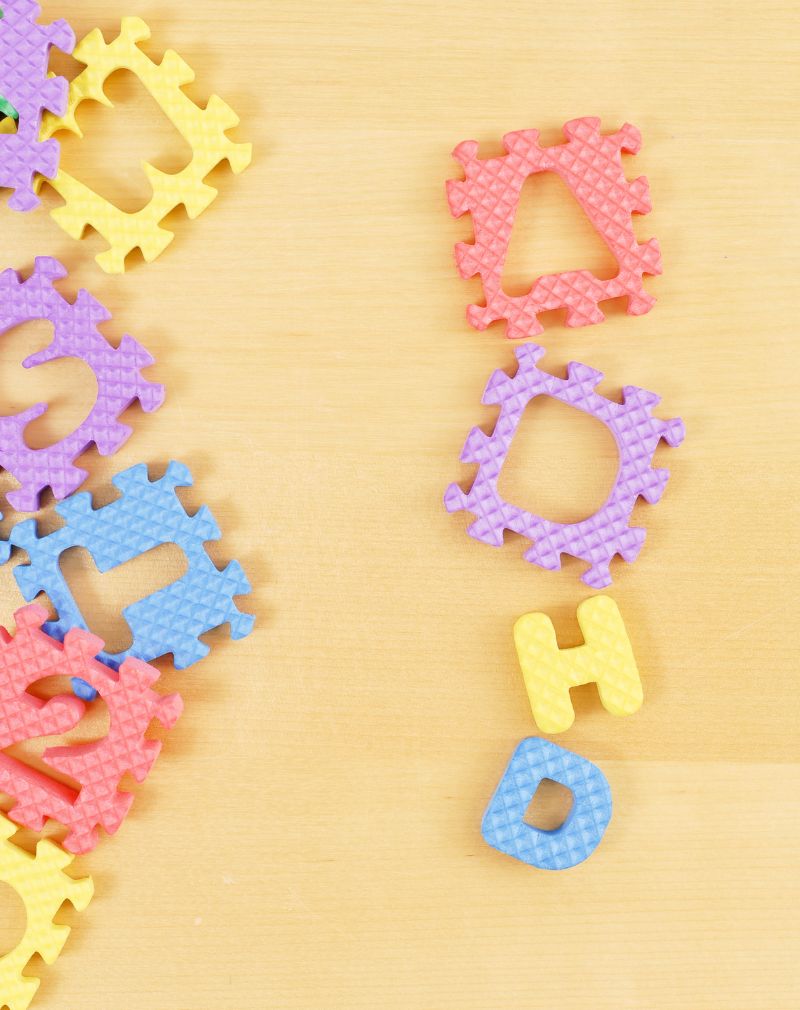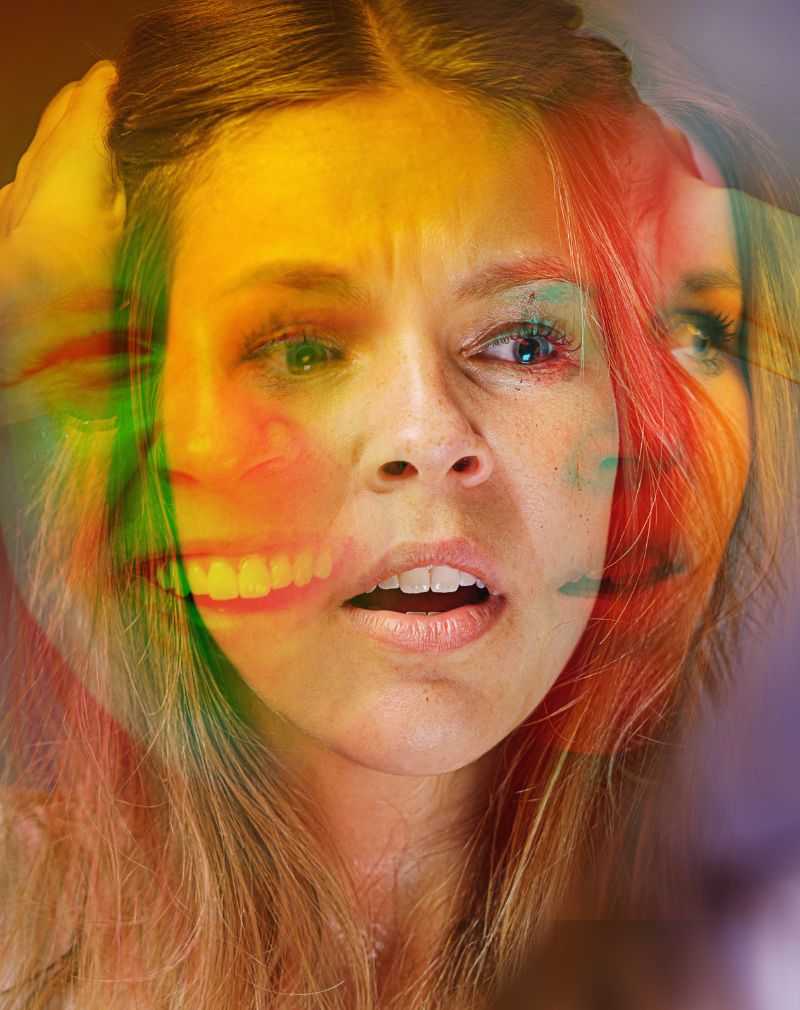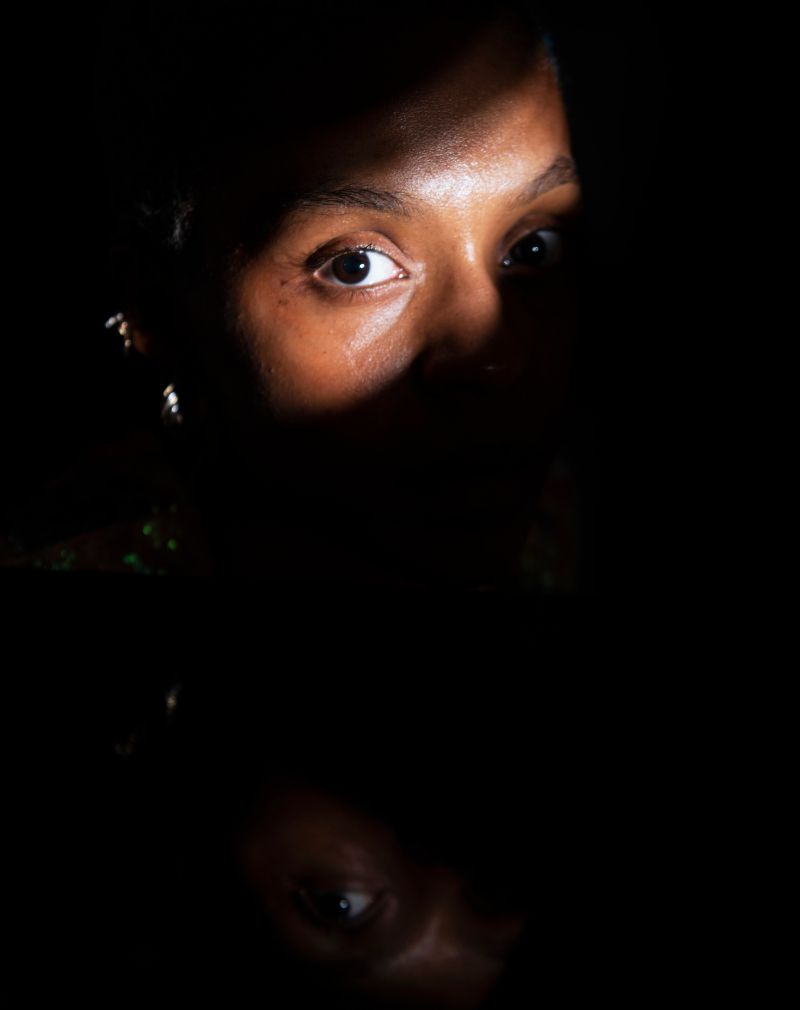Attention-Deficit/Hyperactivity Disorder (ADHD) is more than just a challenge in concentration or a tendency towards hyperactivity; it’s a complex condition that profoundly affects a child’s life. Dr. Cynthia Roukoz, a seasoned clinical psychologist specializing in neuropsychology at the American Wellness Center in Dubai, sheds light on this through her session titled “My ADHD Brain: What I Wish My Parents Knew.” This insightful presentation delves into the experiences of children with ADHD, offering parents a unique window into their world.
The ADHD Experience Through a Child’s Eyes
Children with ADHD experience the world differently. Their brains, characterized by unique neurological patterns, struggle with executive functioning, cognitive control, and inhibition. These challenges aren’t just about being unable to sit still or pay attention; they touch on deeper aspects of cognitive development, impacting a child’s ability to plan, organize, and remember.
Dr. Roukoz emphasizes that ADHD is not solely about hyperactivity or impulsivity. It involves complex cognitive processes, where inhibition plays a critical role in the development of attention and higher-order cognitive abilities. This condition often coexists with other issues like learning disabilities, anxiety, or depression, making a holistic approach to treatment essential.
Early Intervention and Support
The journey of managing ADHD begins with understanding and early intervention. Dr. Roukoz highlights the importance of recognizing ADHD’s early signs, such as difficulty in sustaining attention, impulsivity, and hyperactivity in inappropriate situations. These signs, often dismissed as mere childlike behavior, can significantly impact a child’s academic performance and social interactions if not addressed promptly.
Treatment for ADHD at the American Wellness Center is comprehensive, combining medication management with behavioral therapy, counseling, and educational support. This multi-faceted approach aims not only to alleviate the symptoms of ADHD but also to equip children with the skills they need to navigate their challenges successfully.
The Role of Parents and Educators
Dr. Roukoz’s session underscores the critical role parents and educators play in a child’s ADHD management journey. Understanding a child’s unique needs and perspectives is crucial in creating a supportive environment that fosters growth and development. This involves questioning and adapting our methods to suit each child’s needs, thereby improving their ability to manage their condition without always resorting to therapy.
The Impact on Mental Health
ADHD doesn’t exist in isolation; it’s often accompanied by other mental health challenges, such as anxiety disorders, which are exacerbated by the child’s difficulty in filtering emotions. This can lead to a cycle of overthinking and intrusive thoughts, further complicating the child’s experience. Addressing these co-occurring conditions is vital in providing holistic care and support for children with ADHD.
Empowering Children with ADHD
Dr. Cynthia Roukoz’s insights offer a beacon of hope and understanding for parents navigating the complexities of ADHD. By viewing ADHD through the lens of a child’s experience, parents and caregivers can develop more empathetic and effective strategies to support their children. The American Wellness Center’s commitment to a team approach, involving therapists, physicians, and educators, ensures that every child receives the comprehensive care they need to thrive.
For parents seeking support and guidance in managing their child’s ADHD, the American Wellness Center provides a wealth of resources and expert care. To learn more about their services and to book an appointment, visit their ADHD Management page.
Together, with the right support and understanding, children with ADHD can lead fulfilling lives, overcoming the challenges they face and harnessing their unique strengths and abilities.



